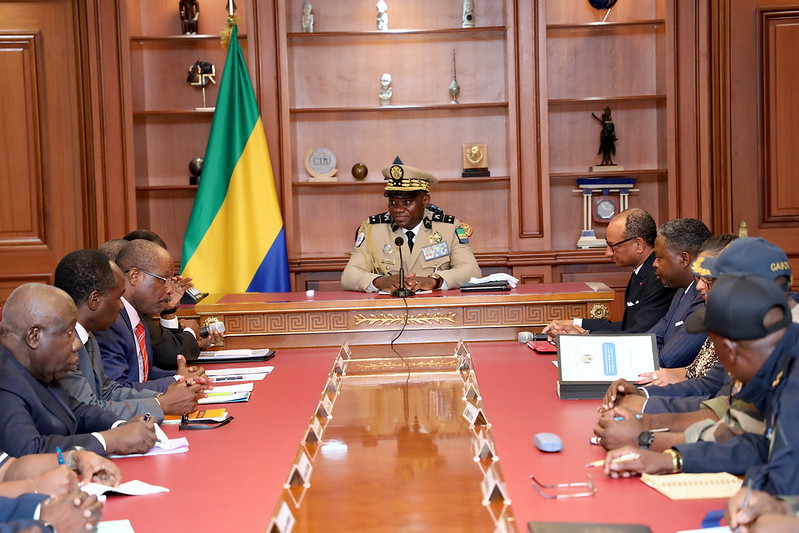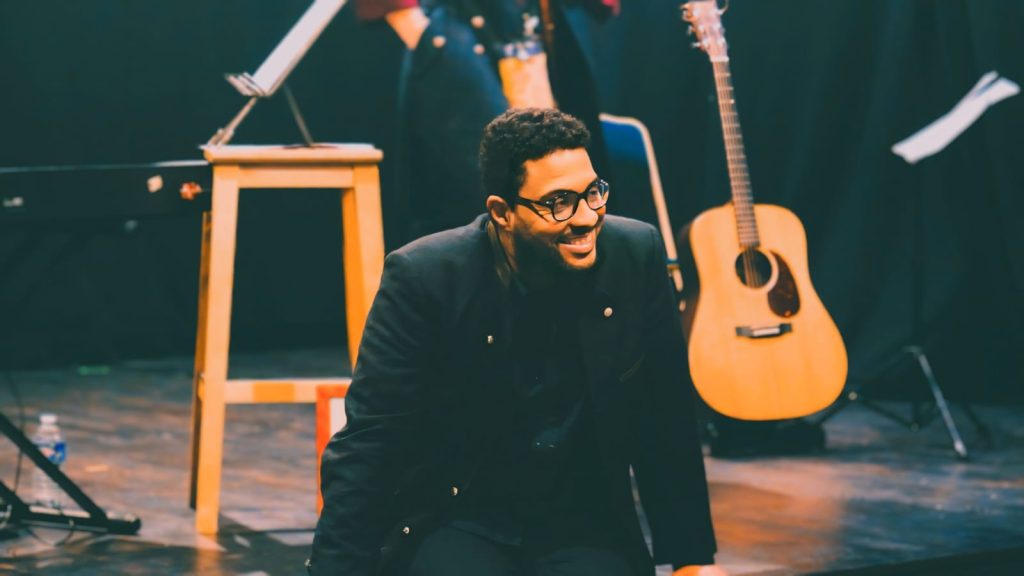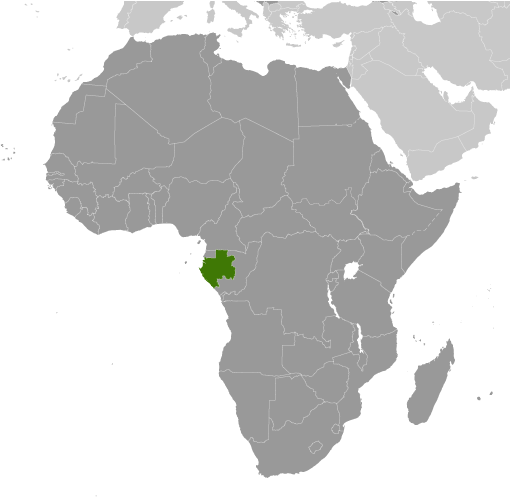In new constitution, Gabon rejects appeals to criminalize homosexuality
Moïse Manoël-Florisse, is an African-Caribbean online journalist keeping an eye…
At a time of great political changes, Gabon endorses the right of privacy

On November 16, Gabonese voters ratified a referendum on a new constitution, the fruit of bitter discussions between the transitional military authorities who deposed Ali Bongo’s regime in August 2023 and Gabonese civil society players, some of whom were calling for the criminalization of homosexuality to be included in the draft constitution.
In the end, the draft constitution instead included important provisions protecting LGBT+ rights but with the caveat that it also codified a definition of marriage that excludes same-sex couples. The referendum was ratified with over 90% of the vote, despite a low turnout of almost 55%.
This is a moment of great change for the oil-rich, central African nation. The coup brought to an end 56 years of rule by the Bongo family, and the new constitution is meant to return the country to a democratic, republican order, with fresh elections to be held in April of next year.
For Erasing 76 Crimes, Franco-Gabonese musician Jann Halexander agreed to share his impressions of the important legal victories and compromises made for LGBT+ people in the new constitution.

Turning the page on the Bongo years
Jann Halexander: Since its independence in 1960, Gabon has only had three presidents, two of whom came from the same family clan, Omar Bongo (1967 – 2009) and Ali Bongo (2009 – 2023).
With this constitution, we turn the page after 60 years of patrimonial and discretionary management of the country and its wealth, while Gabon experienced a brief episode of criminalization of homosexuality between 2020 and 2021.
Protecting privacy
Today, I praise the liberal intentions of this text, which already stipulates in article 18 that “everyone has the right to respect for his or her private life,” while article 19 guarantees that “the secrecy of correspondence, postal, telegraphic, electronic, telephone and telematic communications is inviolable.”
It has to be said that in Gabon, kongossa, or the art of keeping an eye on what one’s neighbor is doing, is culturally very widespread. Still, the intrusive practices of the former regime fueled by denunciation and rumors could lead to the ruin of the lives of LGBT+ people.
Now there’s a framework that protects the privacy of individuals, and that in itself is a great step forward, which for me doesn’t in any way contradict Article 169, which stipulates that marriage in Gabon is “the union between two persons of the opposite sex.”

An African social model in the making
Indeed, in Gabon and more broadly in Africa, if there are LGBT+ mobilizations, they don’t aim to demand the right to marriage and adoption between people of the same gender as in northern countries, but they do aspire to the right to indifference and to the respect due to human dignity, similar to other societies.
Lastly, I’m proud of Gabon, where the authorities have chosen not to interfere in the most intimate of individual matters, without altering the cultural value of local matrimonial unions, because often the paradigm used to defend traditions is to repress homosexuality, as is the case in Senegal, Mali, and Burkina-Faso.
Gabon, which criminalized homosexuality in 2020 [and decriminalized it the following year], shows that another path is possible, without electoral posturing or Manichaeistic, good-versus-evil framing.




